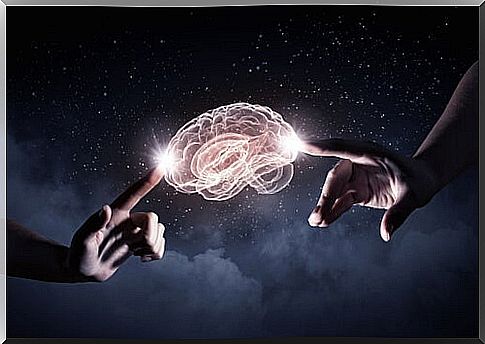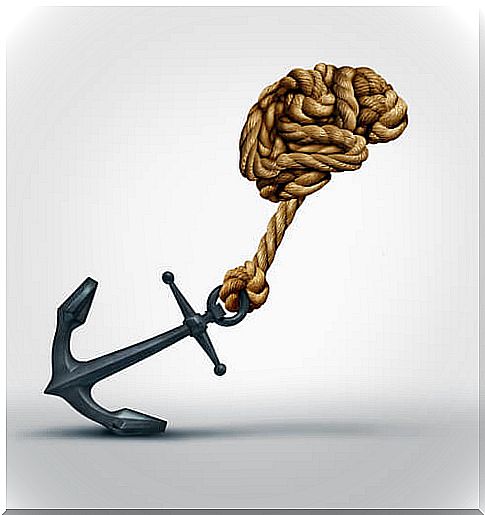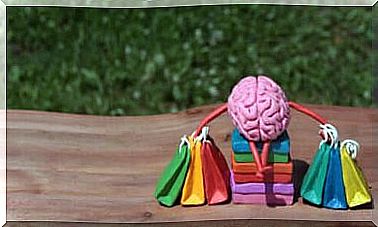Indigestive Emotions And Psychosomatic Illnesses

When we don’t express ourselves through verbal language, the body takes care of presenting its own speech. Therefore, the quality of our thoughts and feelings will affect the quality of our emotions and, consequently, our quality of life.
How do you function in the face of daily stress or when a situation requires more intense emotional demand? How do you deal with feelings like sadness and anger? Do you forgive easily or do you tend to hold hurt and grudges?
The human being is an integrated whole, with no practical separation between mind and body. Therefore, physical processes are not dissociated from mental processes. Based on this assumption, we all somatize to a greater or lesser degree, depending on the stressful event, as well as our physical and emotional resources.
Following this line of reasoning, except for congenital diseases, no disease is totally physical or totally “mental”, since human beings are systemic, therefore presenting a multifactorial approach in determining their behaviors, as well as in the development of any disorder. In other words, man is biopsychosocial and spiritual. Any theory or concept that does not meet this multi-determination of man is reductionist and does not seek to understand it in its complexity and singularity.
Thus, the quality of our thoughts and feelings will affect the quality of our emotions, and as man is not dissociated, the physique can get sick because of poorly elaborated emotions. A space for listening is fundamental, and verbalization is an important point in the healing process.

When we do not express ourselves through verbal language, the body takes care of presenting its own speech and this is totally personalized. There is no “precise recipe” that explains mathematically that “back pain” means this, that “throat pain” means that. In subjective processes this conviction is very dangerous, since the person can bind to a ready meaning and “run away” from the real personalized meanings that originated that disorder. Each individual has an ability to experience in a unique way, although there are ethnopsychological explanations that significantly contribute to elucidating the way of being and feeling of a particular social group.
In this way, the cultural is just a slice of a global process, and it is necessary to be very careful not to reduce man to a single aspect; It is essential to carry out a personalized functional analysis to assess how the person’s daily life is processed, to investigate any dysfunctional behavior or condition that may be contributing to the development of that specific disorder. Therefore, genetic, environmental, idiosyncratic and lifestyle factors must be taken into account.
The vast majority of “psychosomatic disorders” that we develop are associated with negative feelings such as resentment, anger, hatred, envy, sadness, hurt, guilt, frustration, fear, and unforgiveness. The psychological profile of people with intense somatization is anguished, resentful, repressed, tense, anxious, inflexible and controlling.

Therefore, negative emotions must be worked on, as they slowly poison us, undermining the immune system and weakening our organism. The result of this: we open gaps for the development of some diseases, such as gastric ulcer, musculoskeletal pain (eg fibromyalgia), heart, respiratory, autoimmune and even cancer. In this way, it is worth reflecting on the quality of the emotions that we are feeding daily, as they have the power to heal and generate illnesses.
The issue of forgiveness must be deepened, as the non-liberation of it is terrible, and it is not just about religiosity or even spirituality. Several scientific studies have proven how much hatred, sadness and unforgiveness devastate our physical and our existence. As I reported in another article, forgiving is not just an act of benevolence towards the other, but above all of intelligence towards us. This reasoning comes from the fact that it is counterproductive to continue reverberating this same evil, that is, we should not ruminate our misfortune, because often the one who caused damage is not even remembering the fact. In other words, the only ones harmed are ourselves, in quotes, because the Divine Law, which is perfect, will give each one according to his works. Therefore, the best thing to do is to work through each negative aspect of the “bombings of life” that we are subjected to and, therefore, develop existential strategies to close emotional wounds when necessary. Evil may prevail for a while, but it never wins! Do your part, do good and leave the rest to the universe.
The constant work of toxic emotions has the power to heal our lives
Because we take a weight off our backs. The best thing to do for our health is to forget about that anger, work on that sadness, reframe some event that was consciously or unconsciously directed at us, positioning ourselves as active agents of the process. This attitude of non-victimization brings us another perspective on our feeling of impotence, our needs, frustrations and existential crises. Therefore, let us work through each hurt, resentment and decompensation, freeing ourselves from the shackles that impede a quality life.









